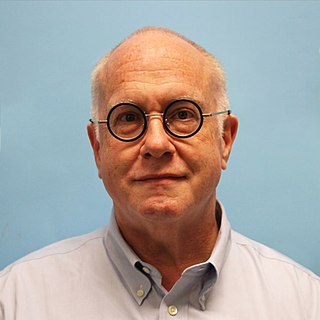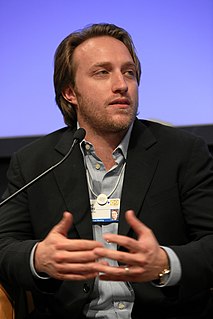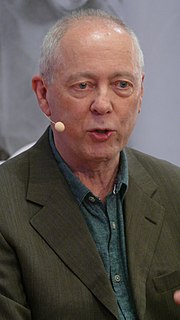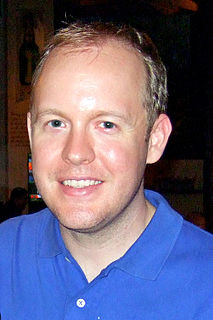A Quote by David Crystal
One of the places the full stop is really being revised in a really fundamental way is on the Internet. You look at the Internet or any instant messaging exchange - anything that is a fast dialogue taking place. People simply do not put full stops in unless they want to make a point.
Related Quotes
Everyone should be concerned about Internet anarchy in which anybody can pretend to be anybody else, unless something is done to stop it. If hoaxes like this go unchecked, who can believe anything they see on the Internet? What good would the Internet be then? If the people who control Internet web sites do not do anything, is that not an open invitation for government to step in? And does anybody want politicians to control what can go on the Internet?
The Internet is a really big tent. In theory, it can support the full range of models, one of which is, 'Here's my information and I'm happy you can use it,' and the other one is, 'Here's the information and you can't have it unless you pay me for it,' and perhaps some things in-between. There is a full spectrum of models.
Maybe your country is only a place you make up in your own mind. Something you dream about and sing about. Maybe it's not a place on the map at all, but just a story full of people you meet and places you visit, full of books and films you've been to. I'm not afraid of being homesick and having no language to live in. I don't have to be like anyone else. I'm walking on the wall and nobody can stop me.
Book culture has also become something that's kind of incredible to younger people now, because of the Internet. If you go to any of the book fairs - PS1 or the MOCA Book Fair - none of the people are over the age of 40 years old there, and they trade and buy books, because they're almost antiquities at this point. They're not really important, in a way, because the Internet is how information is taken in.
Feminism is really the right of women to be full human beings and to not be defined only by their childbearing function. Feminism is really the right of women to be human beings. That's it, yet that's so frightening to a lot of people. A full human being wants satisfying work and love. A full human being is entitled to both, and is not simply defined by only one aspect of her being.
On the Internet, news is consumed a la carte. If someone shows up on the main page of a website and doesn't see anything of interest, they leave. This negatively impacts ad revenues. The solution on the Internet is to pack news websites full of things that will draw people in, regardless of whether they are news or not.
Many of us were a little to early to assume that the most logical uses of the internet in authoritarian states would be to empower people. And to force them towards participation in politics. If you look at most authoritarian states, they are very grim places to live in. The only good thing about it is fast internet. That's the only way you can find some meaning in an otherwise very dark and gloomy life.




































